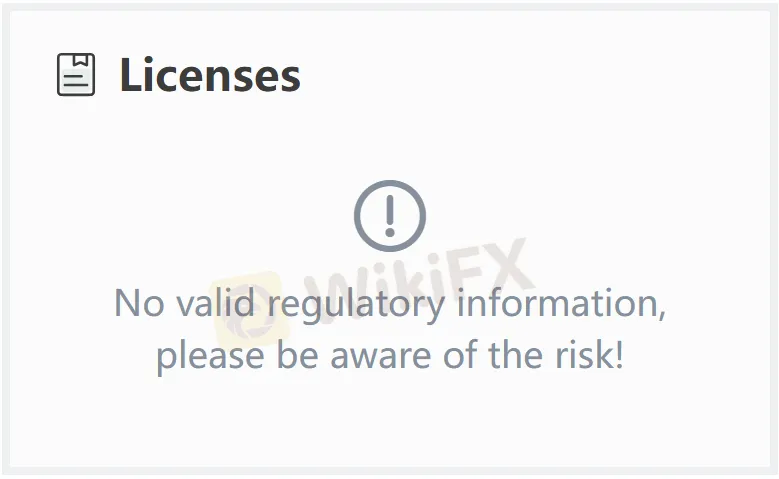简体中文
繁體中文
English
Pусский
日本語
ภาษาไทย
Tiếng Việt
Bahasa Indonesia
Español
हिन्दी
Filippiiniläinen
Français
Deutsch
Português
Türkçe
한국어
العربية
Is TradeZero Legit? Regulation & Safety Check
Abstract:Wondering if TradeZero is legit and safe? We review its regulation status, key risks, and investor protections so you can decide with a risk-first mindset.
Is TradeZero Legit and Safe? A Deep Analysis
Currently, TradeZero has no valid regulatory information. In practical terms, traders should treat it as unregulated and apply a risk-first approach: keep balances small, document every interaction (statements, chats, emails), and avoid long holding periods or concentrated exposure. “Legit” in online trading hinges on verifiable licenses and enforceable protections; when those are absent, counterparty and dispute-resolution risks rise.
What FAQs Do Customers Have about Legitimacy & Safety?
Q1. If the platform offers low fees and many tools, is it legit?
No. Pricing and features don‘t substitute for licensing and enforceable investor safeguards. Absence of valid regulation increases risk.Q2. What’s the biggest risk when a broker is unregulated?
Weak recourse if funds are frozen, withdrawals are delayed, or trades are disputed.Q3. Can I still learn or test strategies here?
Yes—start with paper trading or a very small live balance, and set strict loss limits. Paper trading is offered free for 30 days.
Q4. How do I verify if a broker is legit?
Check regulator databases (license number + legal entity), disclosures, and corporate records. If you cant verify, assume high risk.Q5. Does “unregulated” automatically mean scam?
Not automatically, but it meaningfully raises the probability of loss events and makes restitution harder.
How Is TradeZero Regulated and What Does This Mean for Traders?
No. TradeZero currently has no valid regulations. Without a verifiable license, protections (segregation rules, complaints handling, compensation schemes) are unclear. Proceed cautiously.

Disclaimer:
The views in this article only represent the author's personal views, and do not constitute investment advice on this platform. This platform does not guarantee the accuracy, completeness and timeliness of the information in the article, and will not be liable for any loss caused by the use of or reliance on the information in the article.
WikiFX Broker
Latest News
European leaders to join Zelensky at White House meeting with Trump
Where is ThinkMarkets Broker Licensed to Operate?
Easy Forex Trading Basics: Learn to Profit in 1 Hour
“Ho Chi Minh City Elite Night” Successfully Held, Focusing on Building a Sustainable Forex Ecosystem
Currency Calculator


